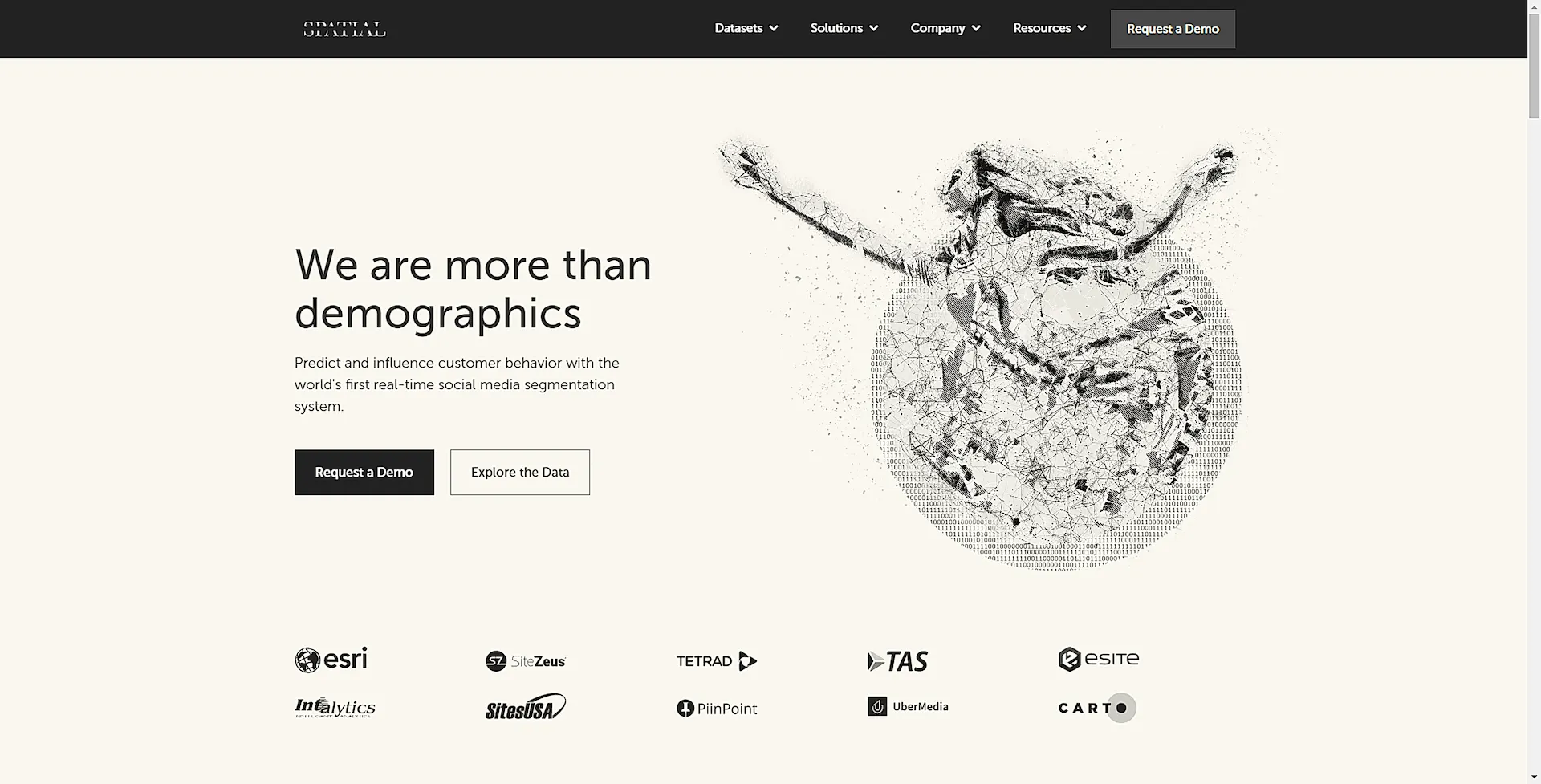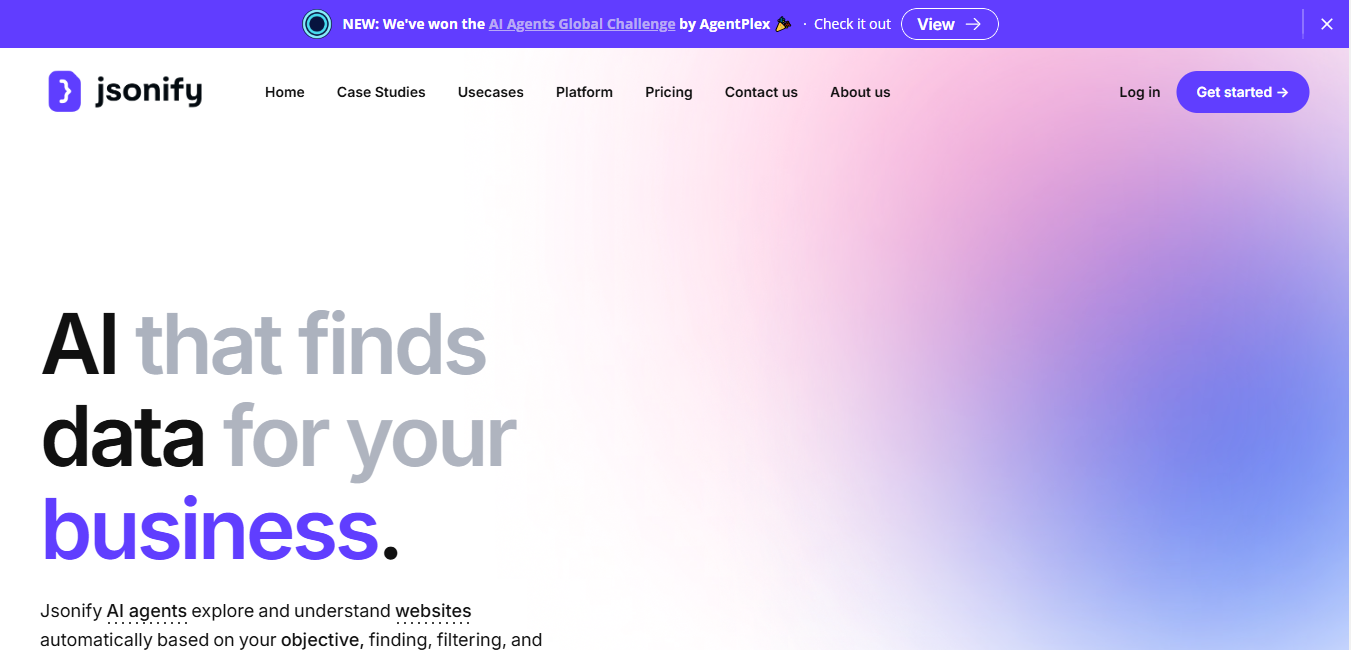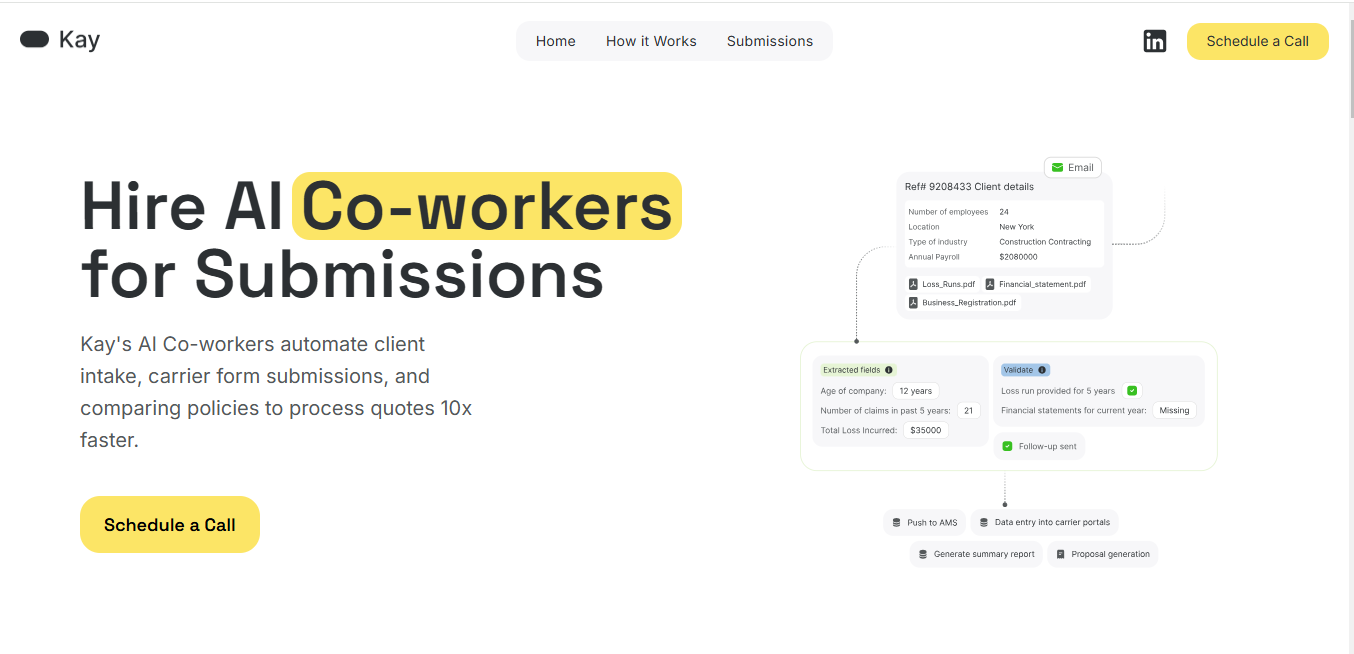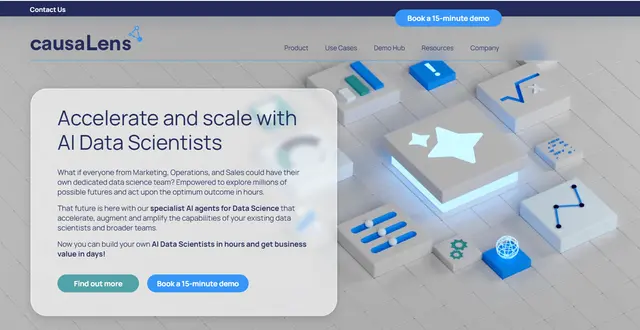
Spatial
What is Spatial?
Spatial is an AI-powered platform that transforms customer segmentation through behavioral data analysis. It combines location intelligence with machine learning to help businesses understand and target their ideal customers without relying on cookies or individual tracking.
Top Features:
- PersonaLive: classifies customers based on social, mobile, and web behaviors for precise targeting.
- Proximity Analysis: evaluates neighborhoods through social interests and behavioral patterns.
- FollowGraph: measures consumer engagement with brands and influencers at geographic levels.
Pros and Cons
Pros:
- Data Accuracy: uses real behavioral data instead of traditional surveys for better insights.
- Quick Implementation: reduces campaign launch time from weeks to days.
- Cookie-free Solution: maintains effectiveness in a privacy-focused digital landscape.
Cons:
- Learning Curve: requires time to understand and utilize all platform capabilities.
- Integration Complexity: may need technical expertise for full system integration.
- Cost Structure: pricing might be steep for small businesses.
Use Cases:
- Retail Strategy: guides store location selection through neighborhood behavior analysis.
- Marketing Campaigns: creates targeted advertisements based on real consumer behavior.
- Real Estate Analysis: helps understand area demographics and social atmosphere.
Who Can Use Spatial?
- Retail & Restaurants: businesses looking to optimize location strategy and marketing.
- Marketing Agencies: teams needing data-driven campaign optimization tools.
- Real Estate Developers: professionals seeking detailed neighborhood insights.
Pricing:
- Custom Solutions: tailored pricing based on business size and needs.
- Enterprise Plans: contact sales team for detailed pricing information.
Our Review Rating Score:
- Functionality and Features: 4.5/5
- User Experience (UX): 4.2/5
- Performance and Reliability: 4.3/5
- Scalability and Integration: 4.0/5
- Security and Privacy: 4.4/5
- Cost-Effectiveness: 3.8/5
- Customer Support: 4.1/5
- Innovation: 4.6/5
- Data Management: 4.3/5
- Customization: 4.2/5
- Overall Rating: 4.2/5
Final Verdict:
Spatial stands out in the customer analytics space with its unique behavioral data approach. While the platform demands initial investment in time and resources, its accurate insights and practical applications make it valuable for businesses prioritizing data-driven decisions.
FAQs:
1) How does Spatial protect consumer privacy?
Spatial uses anonymized location data and machine learning without tracking individuals or using cookies.
2) What industries benefit most from Spatial?
Retail, restaurants, real estate, marketing agencies, and financial services see the strongest results.
3) How long does it take to implement Spatial?
Basic implementation takes days, while full integration may require several weeks depending on complexity.
4) Can Spatial integrate with existing marketing tools?
Yes, it integrates with major marketing platforms and CRM systems through API connections.
5) What type of support does Spatial provide?
Spatial provides technical support, training resources, and dedicated account management for enterprise clients.
Stay Ahead of the AI Curve
Join 76,000 subscribers mastering AI tools. Don’t miss out!
- Bookmark your favorite AI tools and keep track of top AI tools.
- Unblock premium AI tips and get AI Mastery's secrects for free.
- Receive a weekly AI newsletter with news, trending tools, and tutorials.







